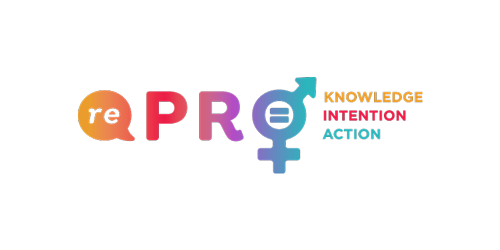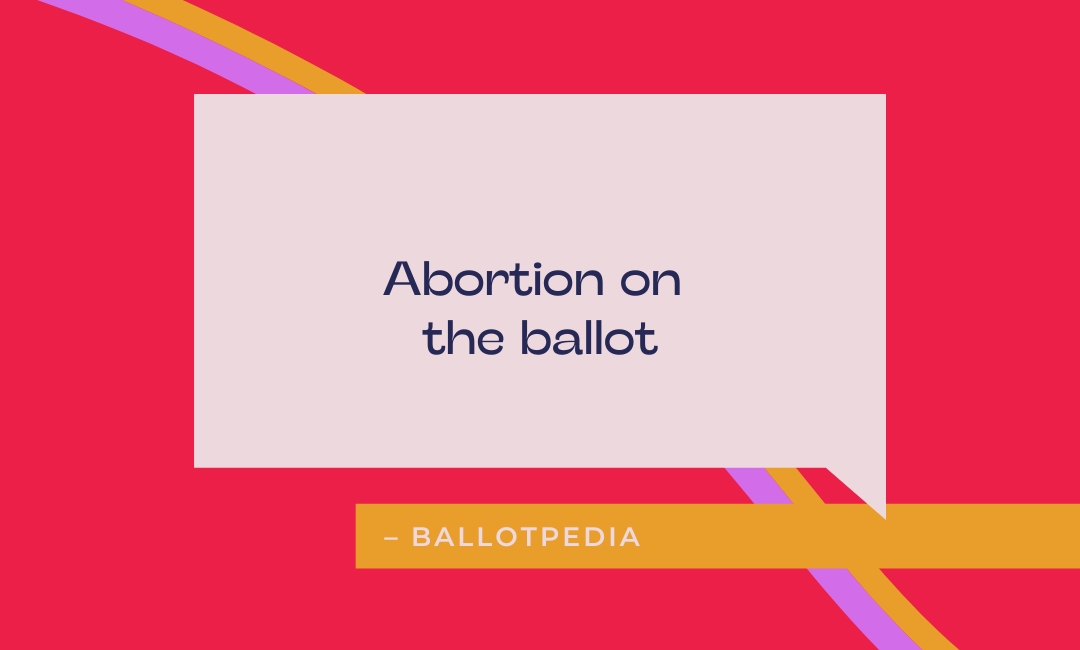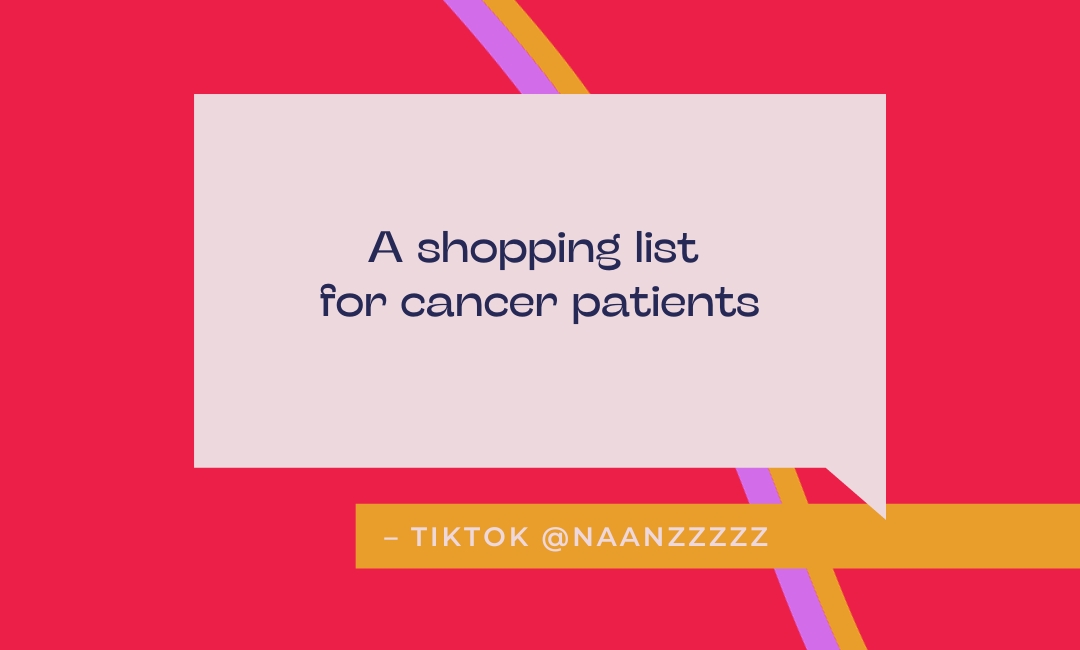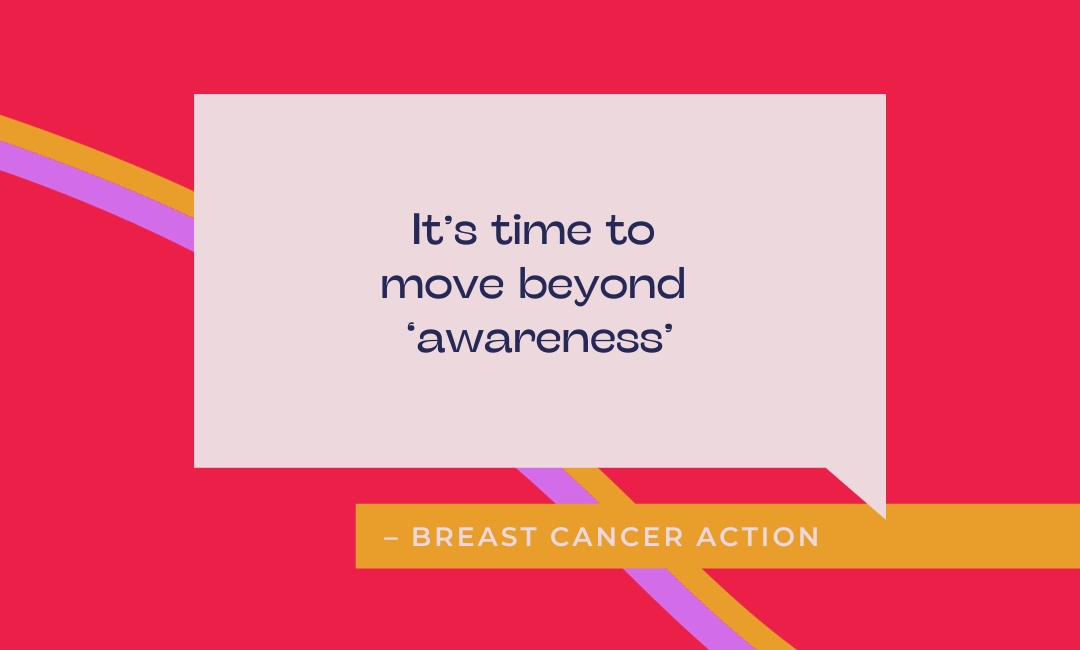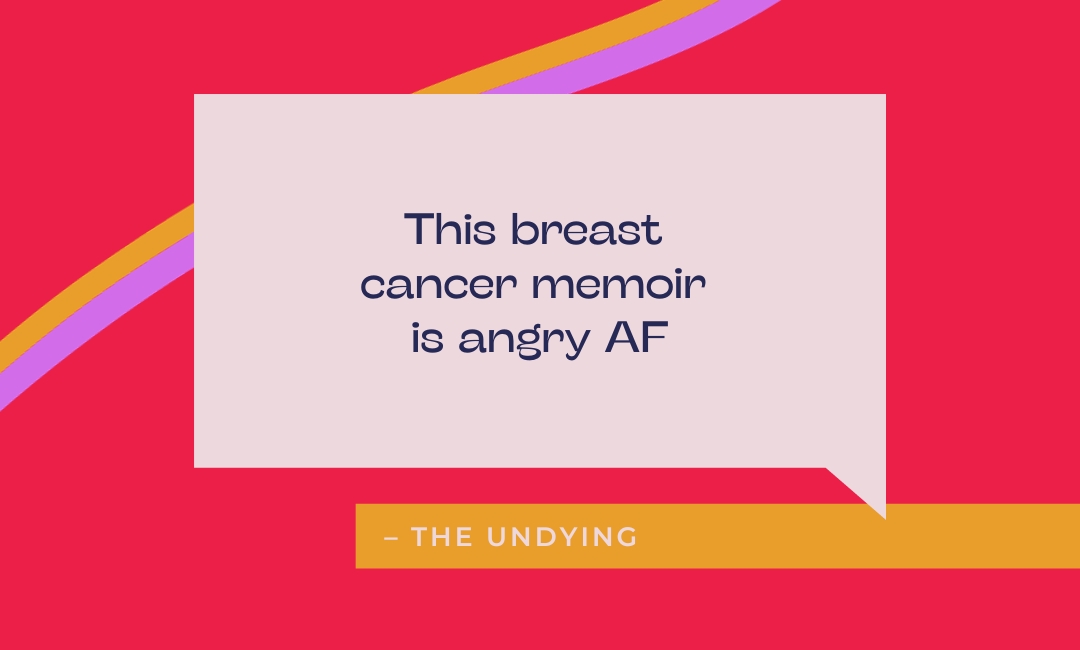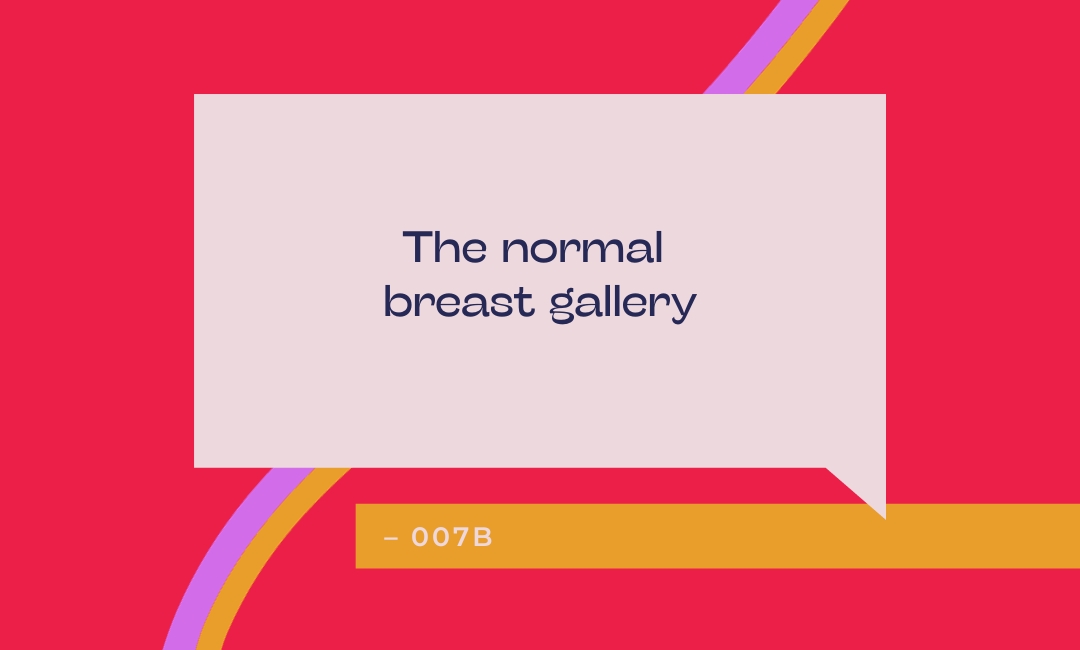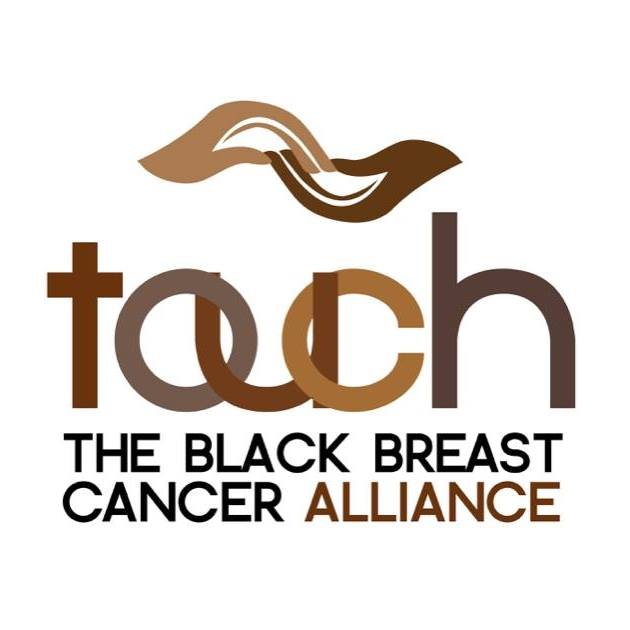The rePROFilm Periodical – featuring a new film and podcast each month – is generously underwritten and is FREE and available to anyone.

Through film and conversation, rePROFilm advocates for reproductive health, justice and bodily autonomy. We lift intersectional issues, using the power of storytelling as a catalyst for knowledge, intention and action.
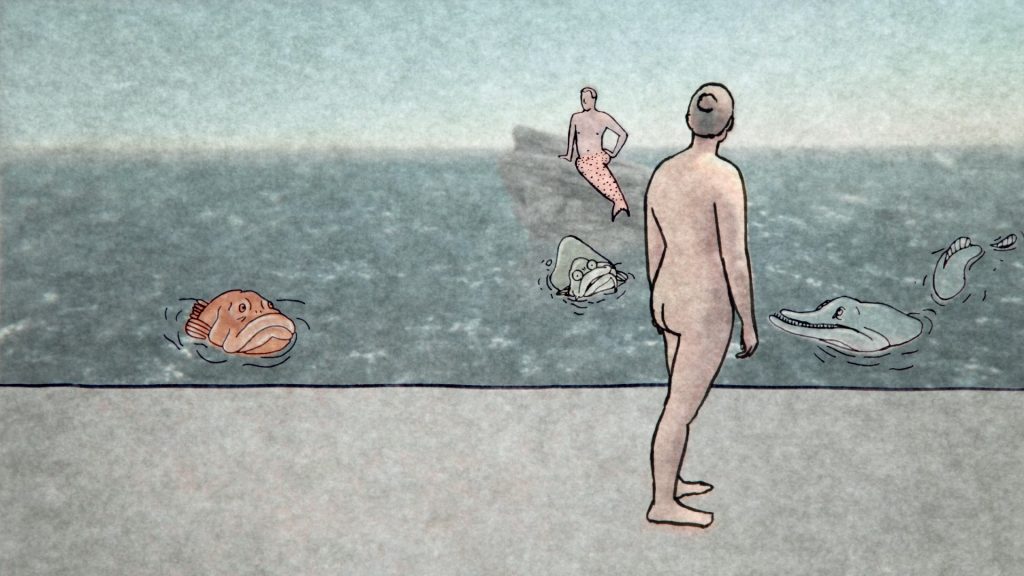
Viewers who have breasts may not see their own experience perfectly reflected in Valade’s vision. (No two pair are the same, after all.) But when viewing this odd little film I felt one shock of recognition after the other. —Emily Christensen

Abortion on the ballot
Another resource for tracking the shifting nature of abortion laws is this repository of information on past and upcoming ballot measures. If you want to feel slightly more cheerful, review all the electoral wins we’ve celebrated in the past year. More importantly, look ahead: On Nov. 7, voters in Ohio will vote on a state constitutional amendment on reproductive freedom. Maryland voters are up in 2024.
A shopping list for cancer patients
While emotional support and contributing to household labor are top-tier ways to support someone undergoing cancer treatment, thoughtful gifts have their place. Our friend Kelly put together a care package for a dear friend that included magazines, unscented lotion, lip balm, spray deodorant, Lume wipes, her favorite candy, a mastectomy pillow, gripper socks, and a mastectomy sweatshirt with a pocket inside for the drain. “That was her favorite gift, she wore it for months and months,” Kelly reports. We also like these recommendations for “chemo essentials” from TikTok user @naanzzzzz.
It’s time to move beyond ‘awareness’
Advocacy is another important way to support people affected by breast cancer. Breast Cancer Action is a reliable, radical source of information about this disease and its hard truths. This two-page fact sheet is a good place to start: “In order for real change to happen, issues such as environmental exposures to toxins, eliminating inequalities in treatment and outcomes, and better screening need to be addressed.”
This breast cancer memoir is angry AF
Anne Boyer combines poetic sensibility with blunt, no-punches-held-here prose in her memoir “The Undying: Pain, vulnerability, mortality, medicine, art, time, dreams, data, exhaustion, cancer, and care.” Like “Lolos,” Boyer’s narrative defies neat categorization and cliché. Both works aren’t quite what you’d expect, which is one of the things we love about them.
The normal breast gallery
“Lolos” features a fantastical breast gallery, but this one is more realistic. Dissatisfaction with the size and shape of our breasts is a practically universal experience, in part because most boobs we see on screen all look the same. That led the website 007b to collect images of breasts in all their big, little, saggy, lopsided glory.
(007b)
I know I’m a badass. I do a lot of good things. But I can’t change the mindset of a racist, 50-year-old white cardiologist. What I can do is teach Black women how to care for themselves and to demand the care they deserve (from their doctors).” — Ricki Fairley
Ricki Fairley survived an aggressive form of breast cancer. Then she turned her attention to advocating for other Black women, who are 41% more likely to die from the disease than their white counterparts. She founded Touch, the Black Breast Cancer Alliance, to address the inequities she discovered in cancer treatment and research, including the relative lack of Black women who participated in clinical trials. Over the past year Touch has registered almost 14,000 Black women in clinical trials — in other words, this woman means business. In this episode of the Periodical Podcast, Fairley speaks with host Asha Dahya about her personal story and how she continues to disrupt the landscape of cancer treatment.

CANCER LENS
A playlist by Eshaana Sheth
I started this playlist sometime after I got diagnosed with breast cancer. I’ve always been a writer, so I was devastated by how the trauma and side effects of treatment impacted my ability to write and process details. Journaling was too difficult, so instead I began a playlist to capture different parts of my journey. I’m still adding to it.
This playlist not only helped me feel more comfortable talking about the more traumatic parts of my experience, but it’s also evolved into a record that helps me recall important medical dates and phases of treatment that I often must recount to doctors, therapists, and other providers.


TOUCH, THE BLACK BREAST CANCER ALLIANCE
advocates for better breast cancer care for Black people, deploying programs to fill the gaps in education and care. Their work is critical: Black women are at greater risk for breast cancer diagnosis, and their mortality rates are higher.
“Too often young, Black women unaware of their risk are dismissed by doctors,” notes For the Love of My Gurls, a TOUCH program that encourages young Black women to learn and have conversations about breast health. “We created For the Love of My Gurls to speak up — we must talk about breast health to save each other.”
When We Tri(al), another TOUCH initiative, addresses the historical lack of participation by Black women in breast cancer clinical trials. “Together, we can have a voice in research,” TOUCH states. “Together, we can demand better treatments and change the game for Black ‘breasties,’ our community, and generations to come.”
Learn more about TOUCH on the Periodical Podcast. Asha Dahya spoke to founder Ricki Fairley about how her own breast cancer experience inspires her advocacy.
rePROFilm endeavors to make our programming a safe, accessible and welcome place for anyone who wants to participate. We acknowledge that we have much to learn about creating this space, and welcome and and all feedback that can make us better aware and able to support all minds and bodies.
We are committed to screening films in accessible venues, and also understand that meeting ADA standards for accessibility does not actually mean a venue is actually accommodating for everyone. As best we can, we will offer a complimentary companion ticket to our film screenings as requested. For our virtual screenings, we ask all filmmaking teams to provide closed captioning, audio descriptions or open captions whenever possible. For any questions, please contact us at 323-810-6909 or help@reprofilm.org. We are here to do our best to make our programming as inclusive as possible.
